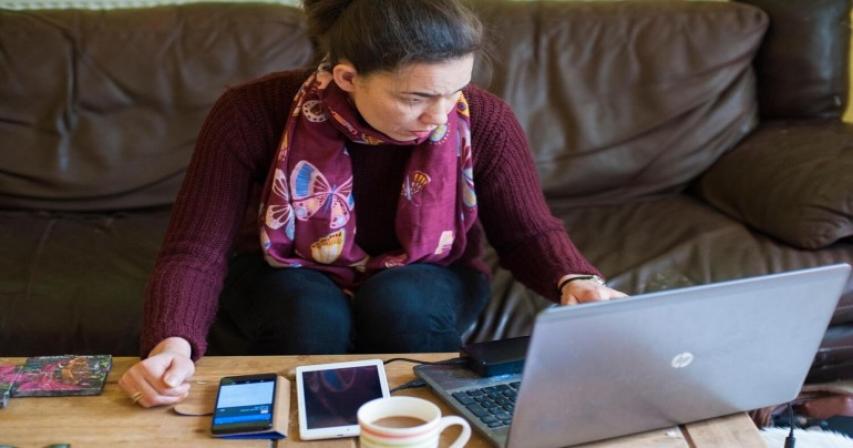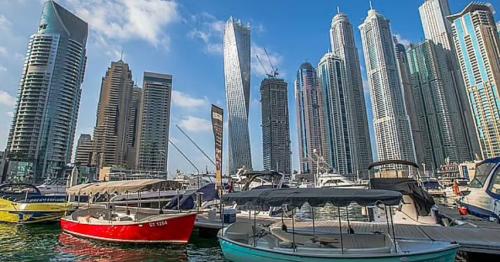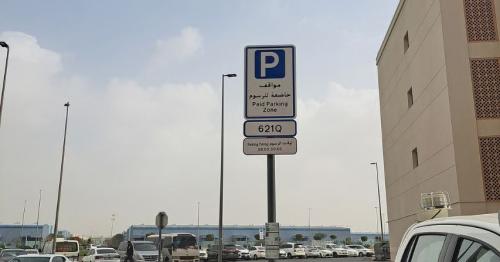UAE calls for tighter remote work policies to cut commuting, make daily jobs easier

"Remote work is the future, join us in it." UAE’s Minister of State for Artificial, Digital Economy, and Remote Work Applications Omar Sultan Al OlamIntelligencea pointed out the UAE’s laws on remote working as the UAE wants to establish it as one of the primary employment channels in the UAE.
This was in a whitepaper his office published on how employees’ productivity increases when commute time to and from work decreases.
For example, one of the advantages of this report called Remote working in UAE was decreasing traffic during the peaks hours. Dubai recently announced it is scaling up the use of flexible working hours and remote work policies across the emirate in order to cut down traffic. The police report says this approach can cut peak traffic hours for morning in Dubai by 30 per cent.
"There is research to suggest that a combination of centralised work and a working-from-home model as well as other types of remote work, has the potential to improve productivity, inclusion and worker wellbeing," the whitepaper said. ‘It can also broaden the skill base to include, for instance, more women and households caretakers, and also a broadening of candidates with more specialist skills and qualifications, who are no longer limited by locational limitations of a desk.
Workers now look for remote or ‘hybrid’ work if they can work, the whitepaper said. In the document, quoting from Manpower’s Global Talent Report, it said that 57 per cent of companies will solve the talent problem through more flexibility around time and location.
Private sector organisations had provisioned remote working infrastructure before Covid-19, but now they have majority of their employees working remotely. Yet when the weather’s volatile, workstations are up and running in an instant, and people are told to work from home.
Some companies still offer it to workers. In the UAE, 46 per cent of employees are remote workers, a research firm YouGov estimates, which appears in the whitepaper. The UAE has a 4th place in the Digital Nomad Visa Index — which weighs many aspects important to remote employees who work and live abroad.
In Remote forum, Al Olama mentioned that UAE Government considers remote working as a comparative strength for the nation. He told me: "There is a need to use more remote work to cut down on travelling and get things done in a day. Remote working gives the bonus of making people focus on their work".
Although it promises "deep economic and worker wellbeing benefits", some employers (public and private) still don’t believe in remote working. ‘The responsibility is now on governments to develop policy and regulation — in line with the current remote working landscape and the future," he said.
It demanded legislative preparations of the highest order. Things like requiring written contracts and rules of remote working. "Powers to visit remote offices can be granted to appropriate national authorities and employers could be required to visit remote offices... Time limits for working remotely have also been added where necessary".
In their paper produced in association with PricewaterhouseCoopers (PwC), the firm offers to innovate working systems for remote employees based on global trends. They want to build a future of hybrid and mobile work that will use disruptive technology to define future remote work systems.






Comments